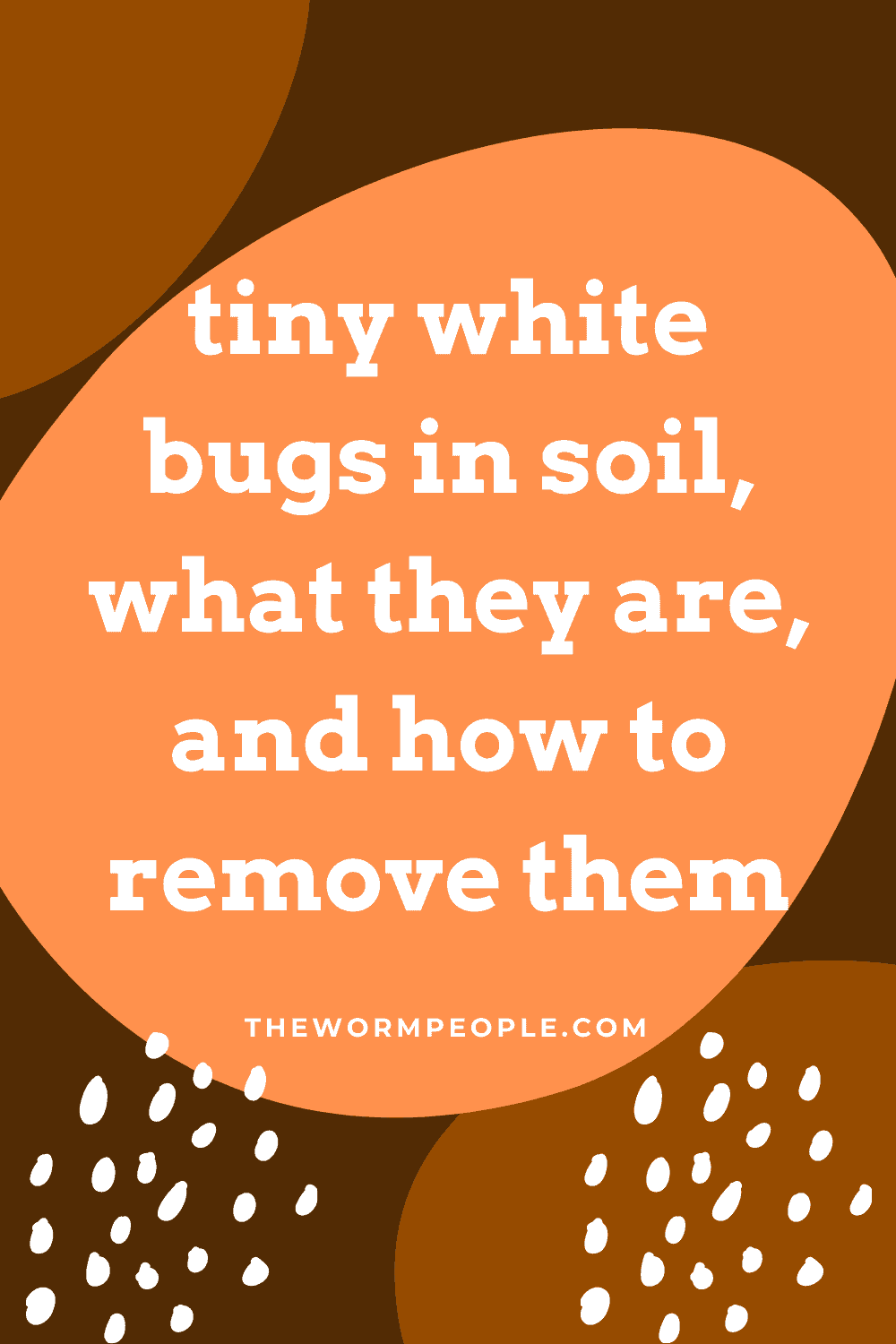
Jeffery Jago is a expert in horticulture and worm breeding. With a background in plant cultivation
Last Updated on April 24, 2021 by Jeffery Jago
You may have noticed small white bugs crawling around the soil in your garden or vermicomposting bin, These little creatures are called “soil mites,” and they help decompose organic matter. They tend to explode in population if the soil has become overly wet and/or acidic. Don’t worry, they won’t hurt anything, but they might end up competing for resources with your worms if their are too many. So, let’s get down to the brass tax and figure out how to remove tiny white bugs in soil.
The tiny white bugs in soil, what are they exactly?
What are soil mites? They’re tiny arthropods that grow up to 1-2 millimeters long and reproduce by laying eggs in moist habitats like the soil or under plant leaves. The larvae look like adult mites but lack six legs as adults do; instead, they develop two pairs of antennae and four pairs of legs for locomotion.
Why are they there? They feed on bacteria, fungi, and other decomposing organic matter like composting products or plants that have died. Soil mites are considered beneficial most of the time because they help break down the material in their habitat which can then be used by other organisms for food; The problem starts to arise when you already have a good team of worms to take care of your composting, and mites just barge in and start throwing things out of balance.
There are a few ways to get rid of mites in the soil, a lot of them involved pesticides. Here is the most effective method that doesn’t:
Soak a piece of bred in milk and than place it on the compost pile for 24 hours. After that time, Remove it with mites attached and dispose of it properly. The mites are attracted to the bread and the dairy and will gladly hop on for a feast.
You may need to do this two or three times before you see a significant decrease in the population.
It is important not to use anything that contains pesticides on your compost pile because it could poison worms as well as other organisms within the process of decomposition. Besides, that’s like bringing a nuclear weapon to a knife fight. It’s pretty overkill given that these are tiny insects.
The good news is that by following these steps, you’ll be able to balance out and maintain equilibrium without the use of harmful chemicals.

